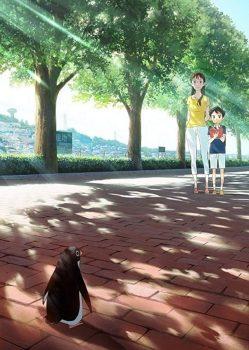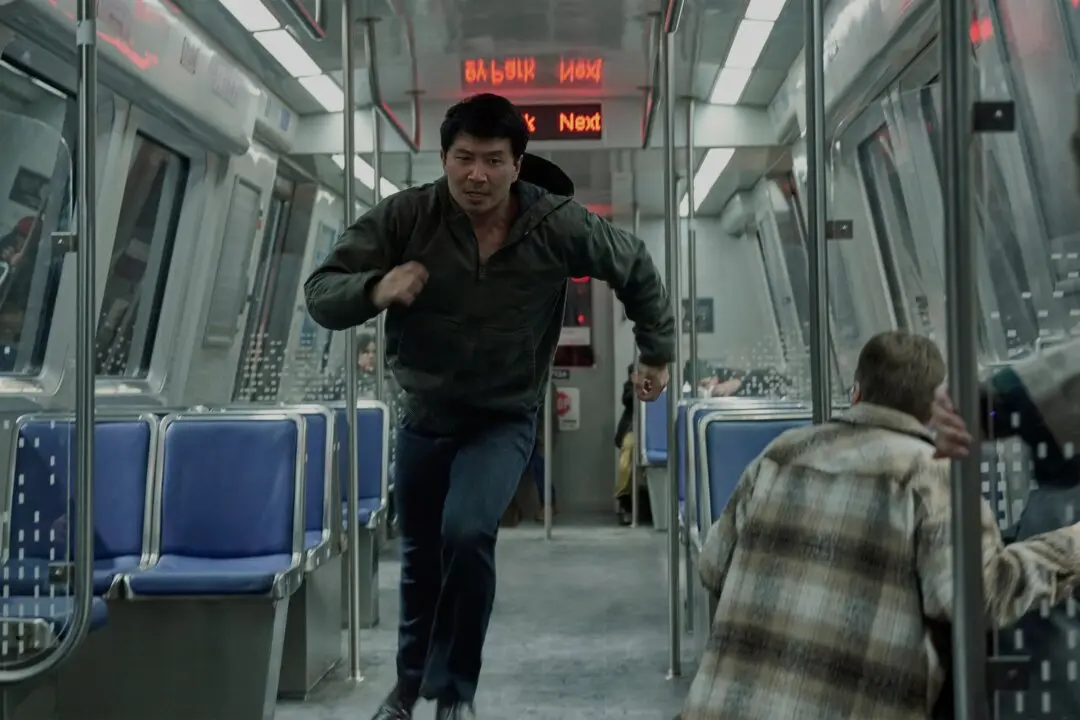When scores of penguins suddenly appear in this rural Japanese village, it is a little like “Magnolia,” but exponentially cuter. In fact, these penguins might just save our world as we know it, but until then, they are quite charming to have around in Hiroyasu Ishida’s “Penguin Highway,” which won the Satoshi Kon Award for Excellence in Animation at the 2018 Fantasia International Film Festival.

A scene from "Penguin Highway." 2018 TMK, PH




